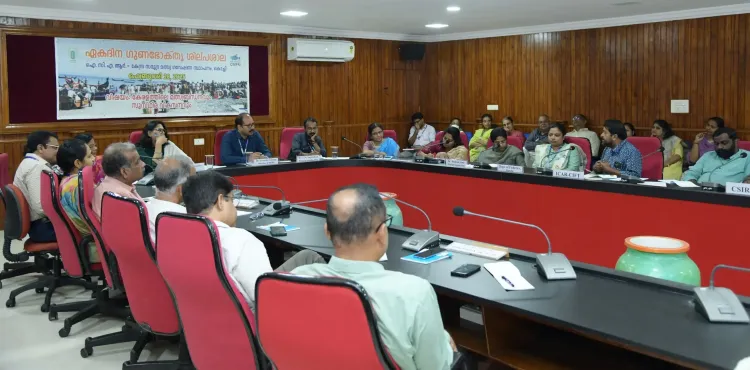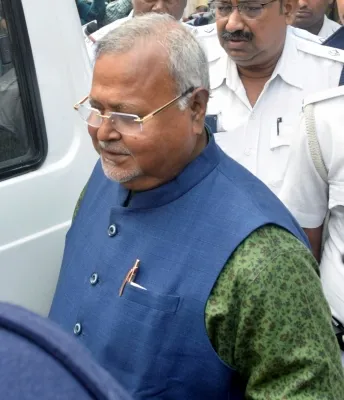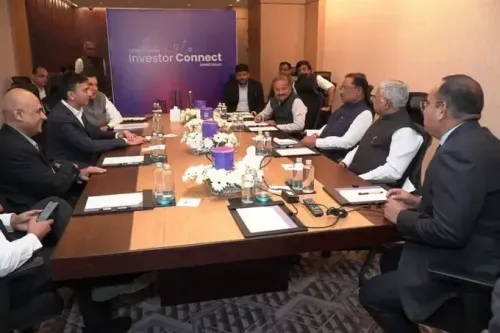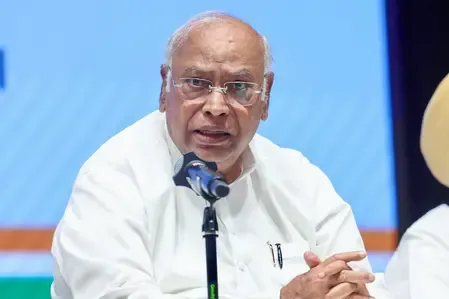Kerala: CMFRI to Enhance Fishing Data Integration for Improved Scientific Research

Synopsis
Key Takeaways
- Real-time fishing data integration will refine research.
- Collaboration between scientific and fishing communities is crucial.
- Climate change significantly impacts marine ecosystems.
- Strict regulations on juvenile fishing are necessary.
- Concerns over sea sand mining could worsen fisheries crises.
Kochi, Feb 28 (NationPress) The ICAR-Central Marine Fisheries Research Institute (CMFRI) has announced a plan to enhance its scientific data collection by integrating real-time fishing data directly from fishermen, leading to improved scientific research.
The stakeholders' meeting emphasized the importance of collaboration between the scientific and fishing communities to promote sustainability in the marine fisheries sector.
CMFRI Director Grinson George highlighted that significant alterations are taking place in the marine ecosystem due to climate change, and CMFRI is committed to discovering scientific solutions to tackle the challenges facing the marine fisheries sector.
“Fishermen's firsthand knowledge of the sea and its ecosystems offers invaluable insights that can significantly improve the effectiveness of marine research. These alterations are expected to become more apparent over the next 30 years as community structures and distribution of marine resources evolve,” stated George.
He further indicated that these changes are linked to the repercussions of fluctuations in climate and weather patterns.
“The increase in Sea Surface Temperature (SST) and its associated impacts from the climate crisis will disrupt plankton populations, which are the cornerstone of the marine food web. The resulting disturbances in primary productivity will profoundly affect the marine ecosystem,” added George.
T M Najmudeen presented insights on the Kerala marine fisheries sector.
“The strict enforcement of mesh size regulations is essential to mitigate juvenile fishing. This practice has been causing economic detriment to the marine fisheries sector. The Minimum Legal Size (MLS) regulation must be uniformly applied across the value chain,” remarked Najmudeen.
Representatives of fishermen proposed a prohibition on night fishing in coastal areas to prevent unscientific and potentially harmful practices.
They also stressed the necessity for stricter regulations on vessels from other states and advocated for a coordinated national-level system to bolster regulations.
Additionally, they expressed concerns regarding sea sand mining, warning that it could worsen the crisis in the state’s marine fisheries sector.








